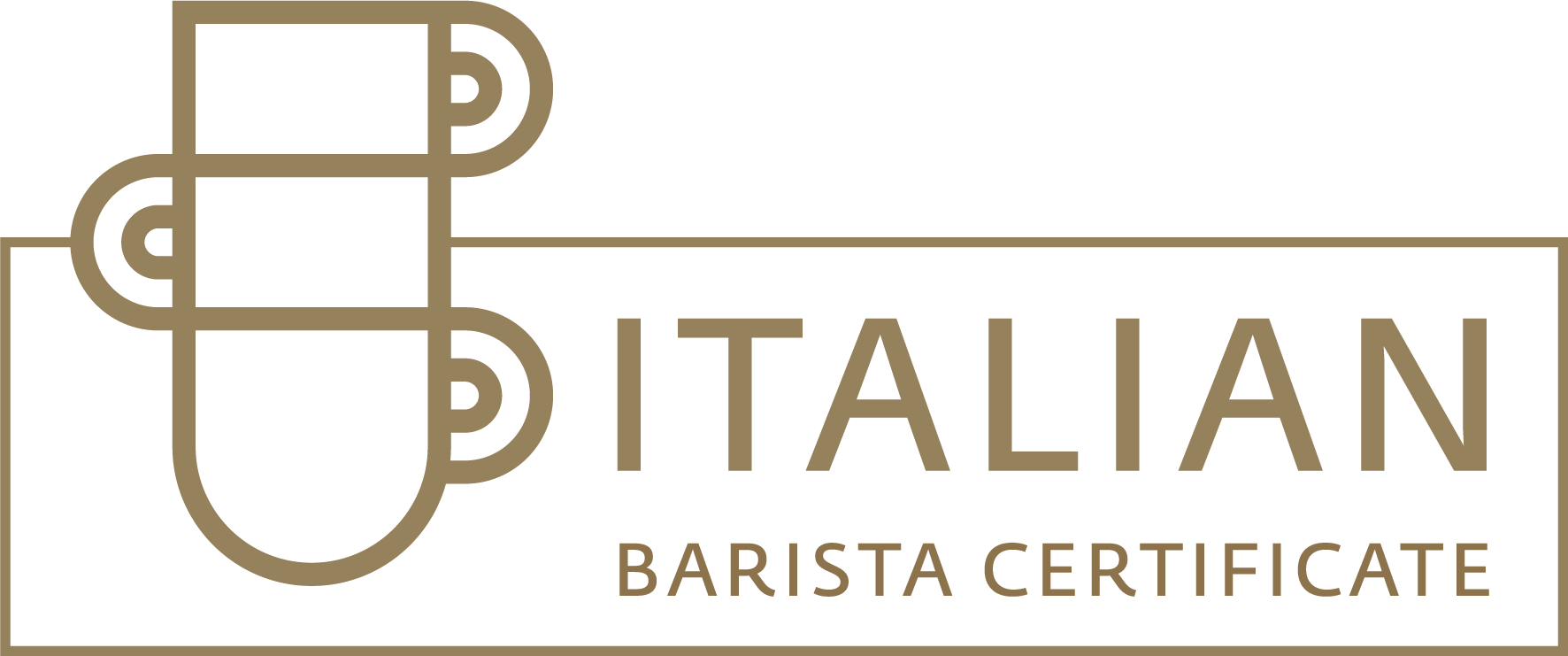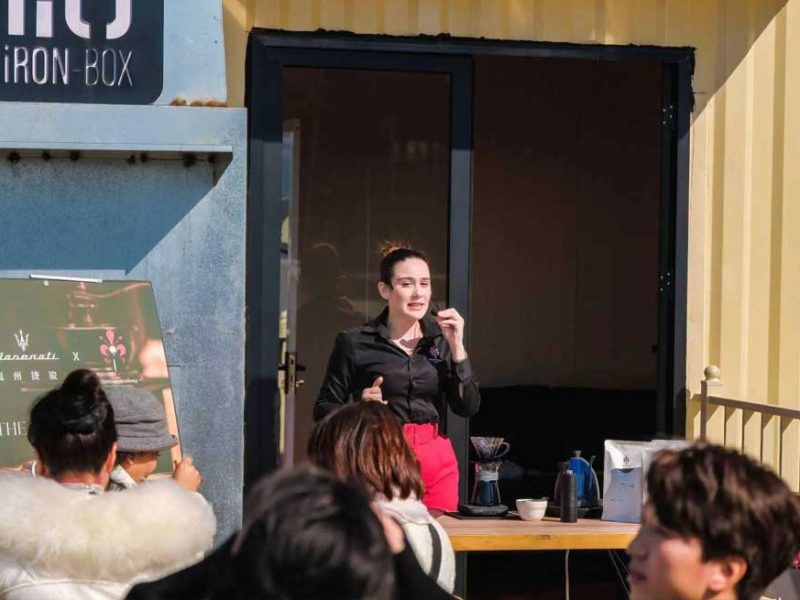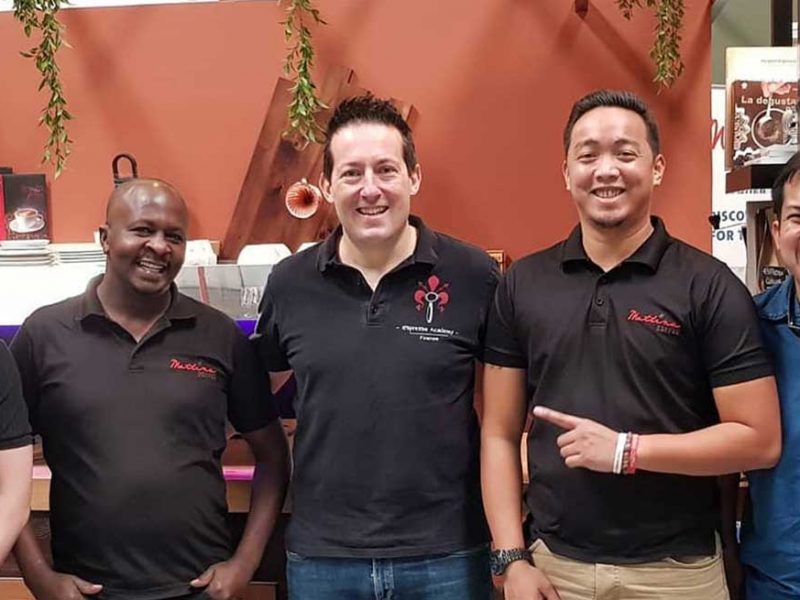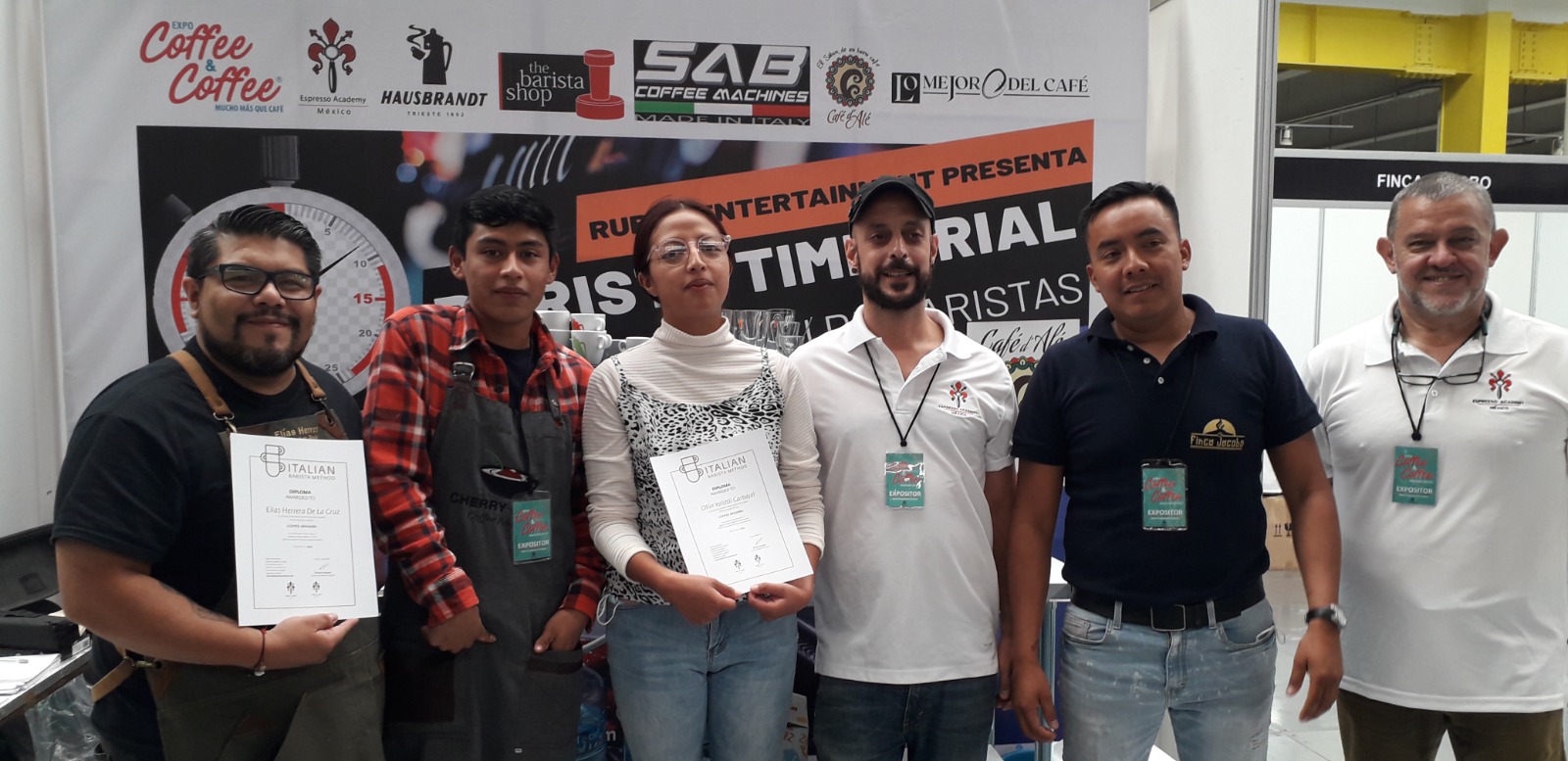
Roberto Zanon: Mexico and Italian Barista Certificate
Which is the coffee education situation in Mexico?
Thanks to the increasing number of coffee aficionados and baristas seeking job positions in a cafeteria, there are many schools available on the market. However, the scenario it’s a bit more articulated if we look thoroughly at the type of training centers, instructors’ skills thus the level of knowledge the students acquire through the courses they attend.
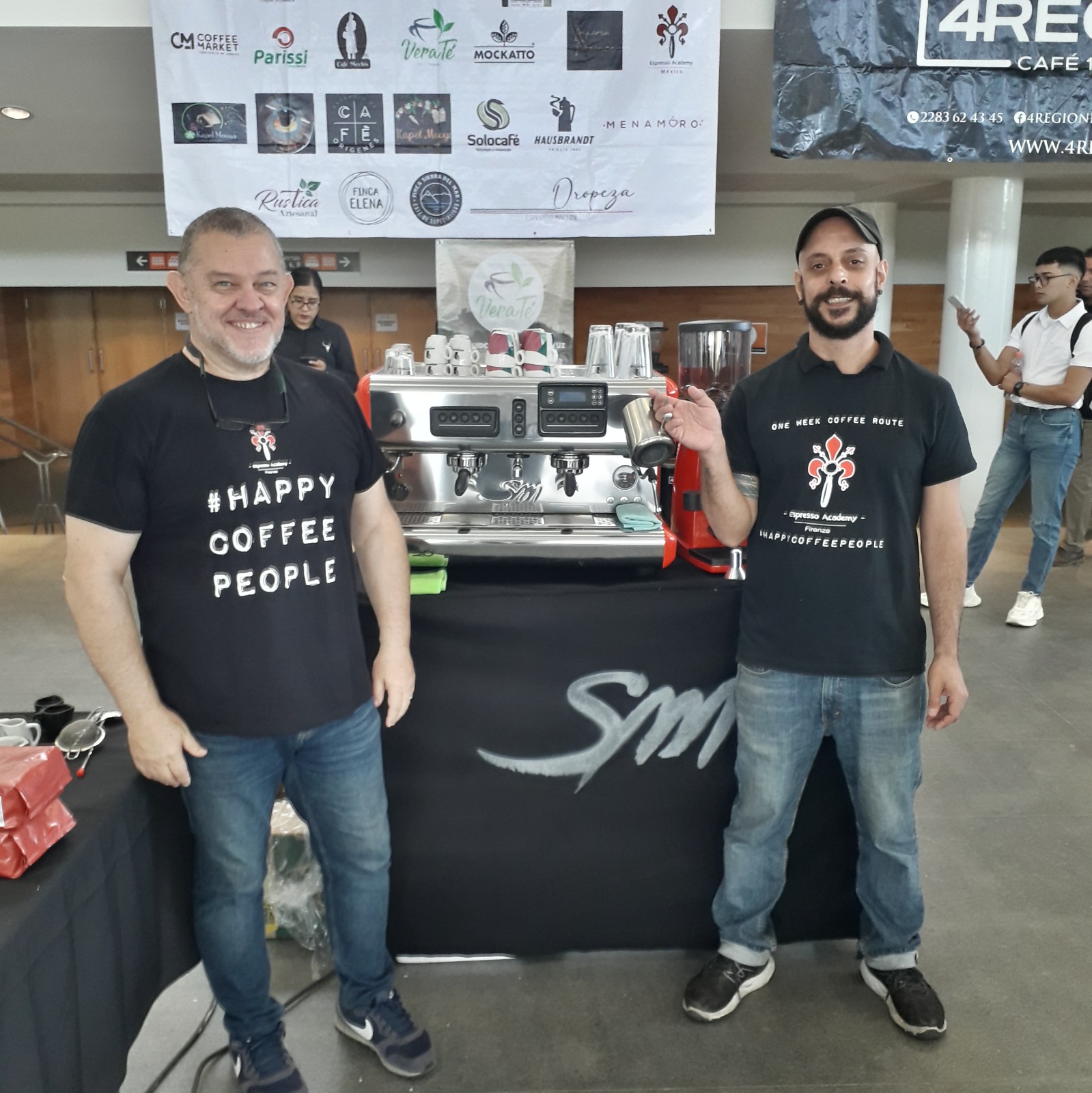
The market has been dominated by a sort of monopolism led by the SCA and CQI representative in Mexico, the AMCCE group of companies. They provide international certifications together with coffee machine and barista equipment sales, assistance, and maintenance through their sister company Etrusca. Their management and company structure it’s very well known and they’re also the organizers of the only industry fair available in Mexico. Thanks to this tentacular position, they were able to practically control the market during the last decades. In addition to the AMCCE group, the Mexican scenario doesn’t provide for a plethora of big schools but rather a significant number of “one-man-show” training centers that like to call themselves “expert/master trainers”.
Most of these instructors don’t possess a large experience and, in some cases, they are just young “smart” baristas who after 6 months spent working behind a cafeteria bar, jump on the “trainer” side and they start promoting themselves and their courses. There’s no certification of any kind available at the end of their courses but only a “participation diploma”.
Why did you choose Italian Barista Certificate?
At the time of selecting the right partner for this project in Mexico, I had been exploring several realities and, in the end, I remained with two options. Following the “institutional” path via the INEI or try to reach out to Espresso Academy in Florence. To be honest, the first option resulted in a lot of logistic problems in addition to a way large process possibly ending in a dead end since the decisional process with such an institution would probably be way too complicated. Thankfully, I did not proceed any further in that direction and I decided to get in contact with Gabriele Cortopassi of Espresso Academy right away. I remained immediately impressed by how welcoming resulted talking with Gabriele and his enthusiasm in starting an evaluation about the possibility to start a new venture on this side of the globe. In addition to Gabriele, I was then able to get to know the other member of this fantastic working group like Cristina, Simone, and Robert each one always available to support the growth of Espresso Academy Mexico.
The most bizarre situation you encountered as a coffee trainer.
Well, more than bizarre there’s an existing constant misconception about the Italian traditional cafeteria and the recipes available on the Mexican market. This creates a lot of confusion and, sometimes, arguments among the barista community. The traditional recipes have been going through a tropicalization process to the same extent as the Italian cuisine in North, Central, and South America.
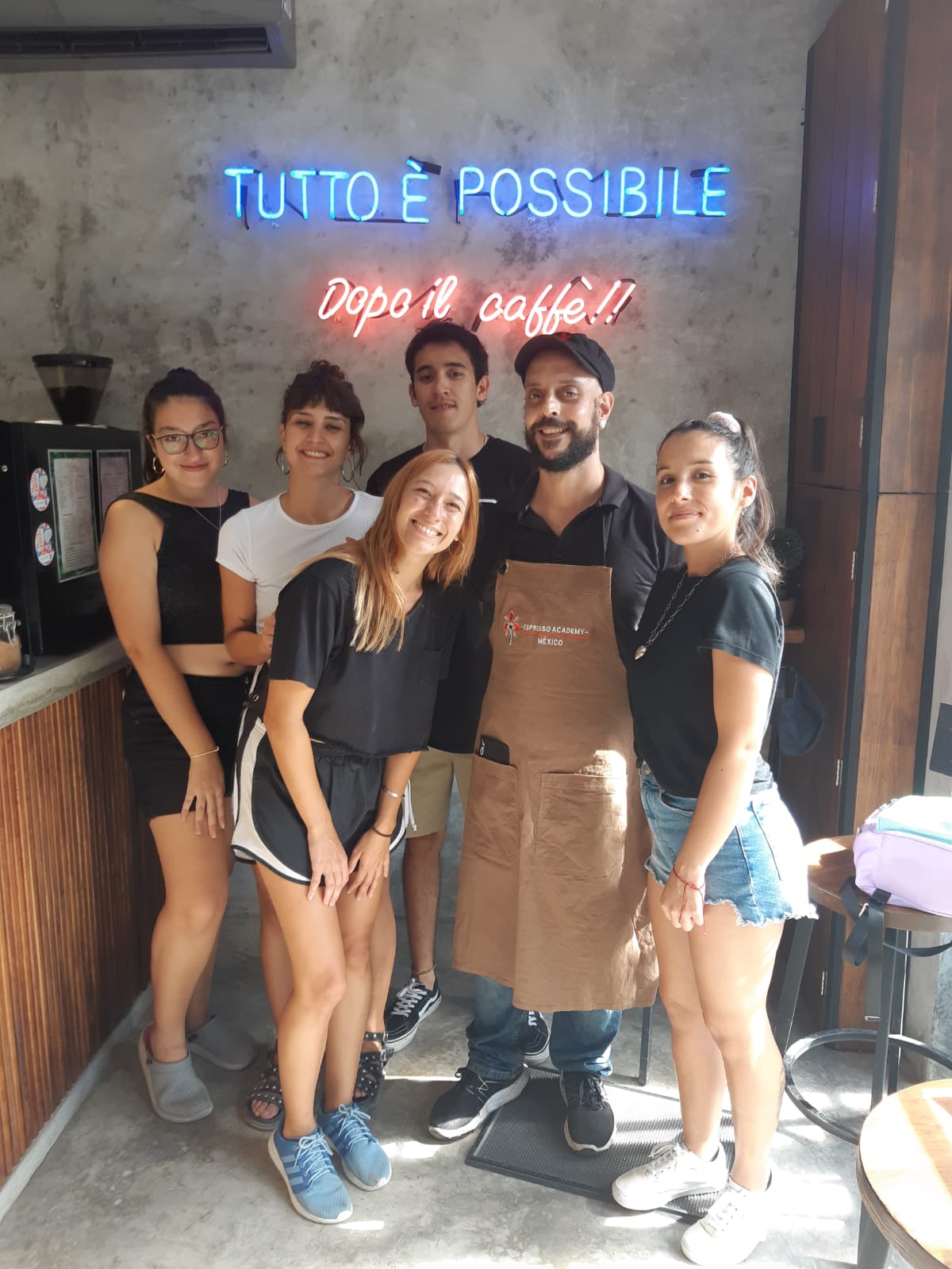
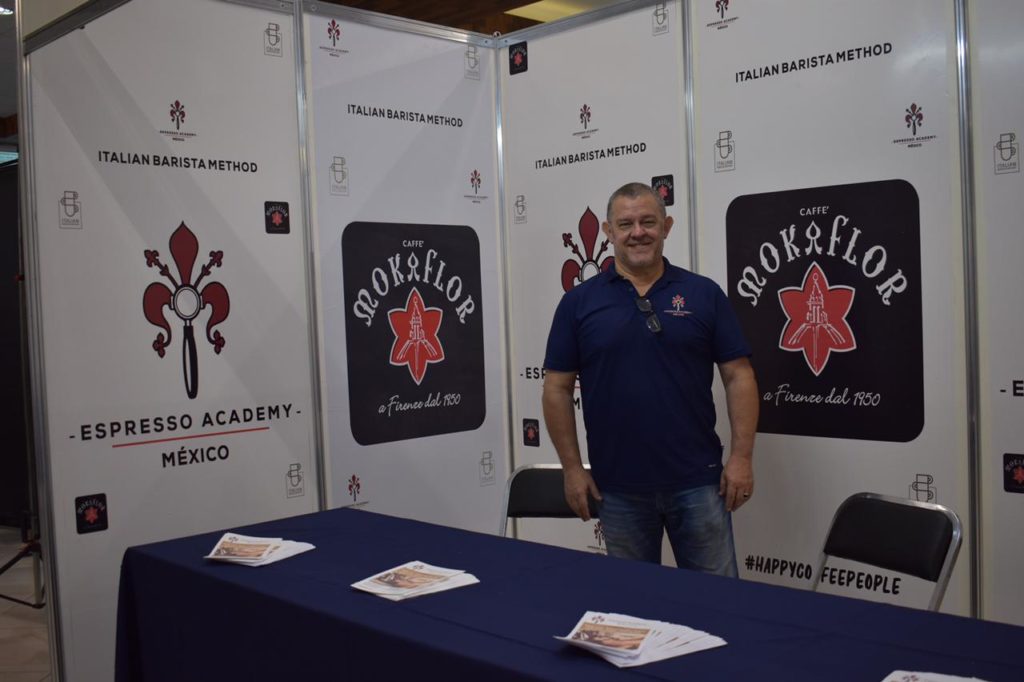
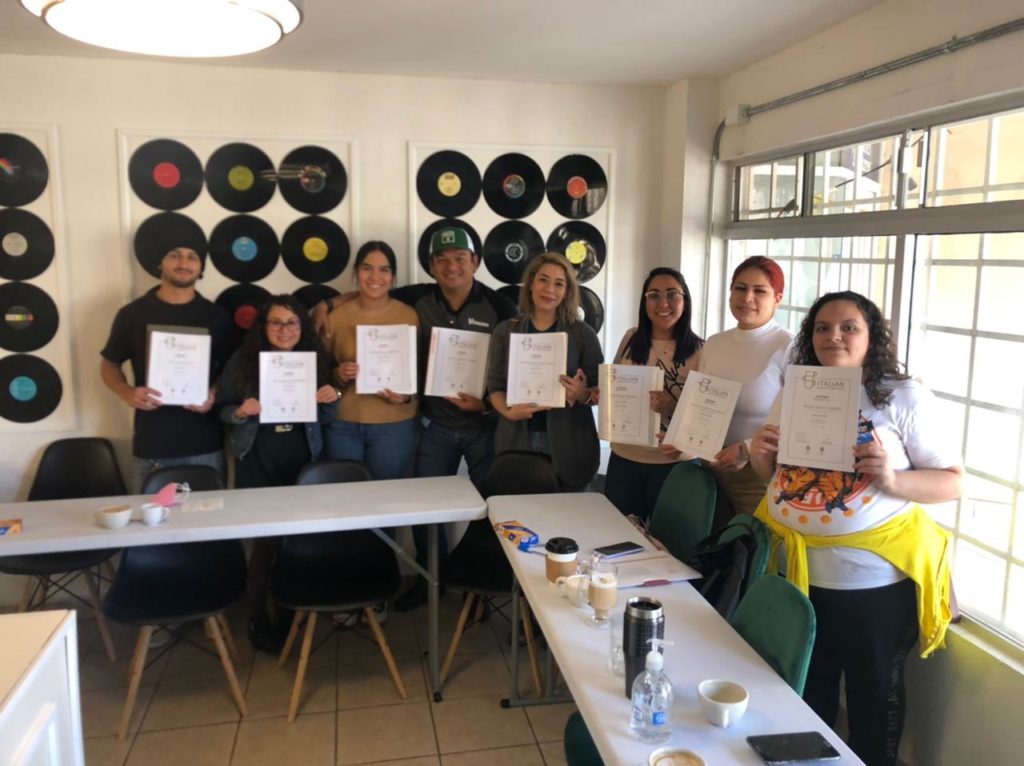
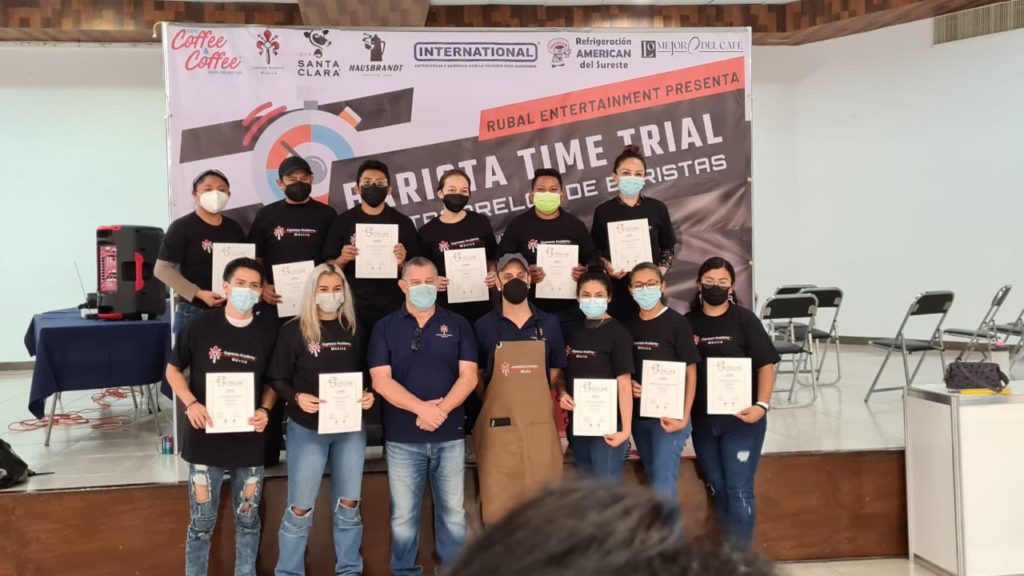
The most bizarre situation you encountered as a coffee trainer.
Well, more than bizarre there’s an existing constant misconception about the Italian traditional cafeteria and the recipes available on the Mexican market. This creates a lot of confusion and, sometimes, arguments among the barista community. The traditional recipes have been going through a tropicalization process to the same extent as the Italian cuisine in North, Central, and South America.
According to you, which are the most important values of the Italian Barista Certificate?
As per the previous answer, I strongly believe in traditions and maintaining the cultural essence of the Italian espresso experience. Italian Barista Certificate allows for the possibility of sharing knowledge and experience with the Mexican barista community in order to implement their skills and turn them into a professional with 360° expertise. In addition, IBC it’s a certification issued internationally, and this aspect provides leverage in the decision process of our prospects.
The Italian Barista Certificate includes many regional recipes, which one is your favorite? Which one is the student’s favorite?
Personally, I’m an espresso addict. However, since the local green beans varietals once roasted are in most cases way too acidic, I become a cappuccino lover during the past two years. If I think about our students, I would say that besides their desire to acquire the right knowledge and skill to prepare a perfect cappuccino with a fantastic white spot in the center surrounded by its brown frame, the majority of ‘em is always intrigued by both Marocchino and Mocaccino. The presence of chocolate in both recipes makes these two beverages very close to their culture impregnated by the ancestral use of cocoa.
